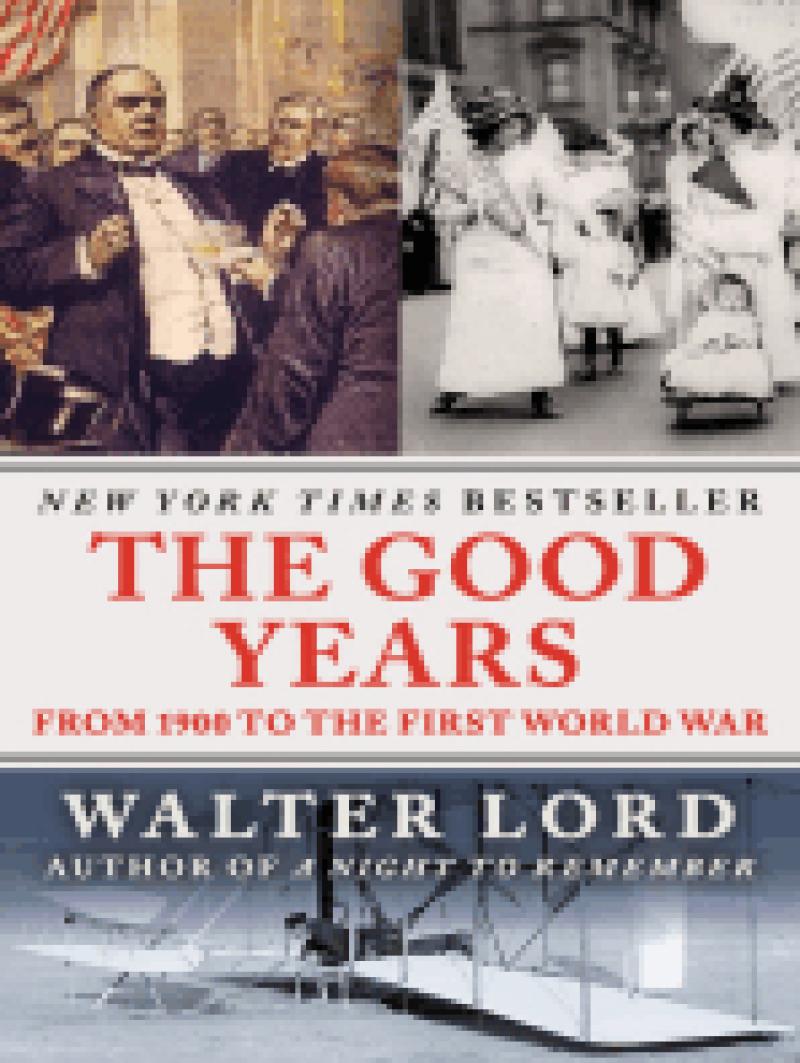The Time A Negro Went To The North Pole

excerpt from the book THE GOOD YEARS - FROM 1900 TO THE FIRST WORLD WAR By Walter Lord
"The New York Herald—perhaps protecting its investment in Cook’s serial—claimed that Perry didn’t pay his men, that he delayed writing Ross Marvin’s mother, that he shamefully mistreated the loyal Bob Bartlett in not taking him to the Pole. The hostile press shed many tears over Bartlett, and it did no good for the captain to deny that his feelings were hurt. Hounding Peary, the great English journalist W. T. Stead thundered, “He is a bounder. When the story of how he had treated Bartlett was published, there was only one sentiment throughout the civilized world—and that was one of regret that such a man had ever come back to live among men.”
Worst of all, the press pointed out, Peary had taken a colored man to the Pole. This was regarded as a selfish device to capture all the glory for himself, for it was generally acknowledged that Negroes didn’t count. Even Peary seemed to agree. When asked why he didn’t have along a “white witness,” he was quoted as saying, “Because after a lifetime of effort I dearly wanted the honor for myself.”
Lost in the shuffle were the very valid points that Henson (Peary's negro manservant) was the most skillful sledge driver and easily the best at handling Eskimos. The country had yet to feel any pangs about racial intolerance, and even Peary’s friends found Henson a bit embarrassing. As for the commander’s enemies, they happily sharpened their knives. When Henson reported that Cook’s native boys told him they never went near the Pole, the Herald printed a cartoon showing a hulking Negro threatening two little Eskimos with a razor.
A little context. Robert Peary was an American explorer at the turn of the twentieth century who led an expedition to be the first to the north pole. A dispute developed as to whether he or another American explorer on a different expedition, Frederic Cook, got there first or got there at all.
Tags
Who is online
450 visitors

A little late entry for black history month.
But a very good one.